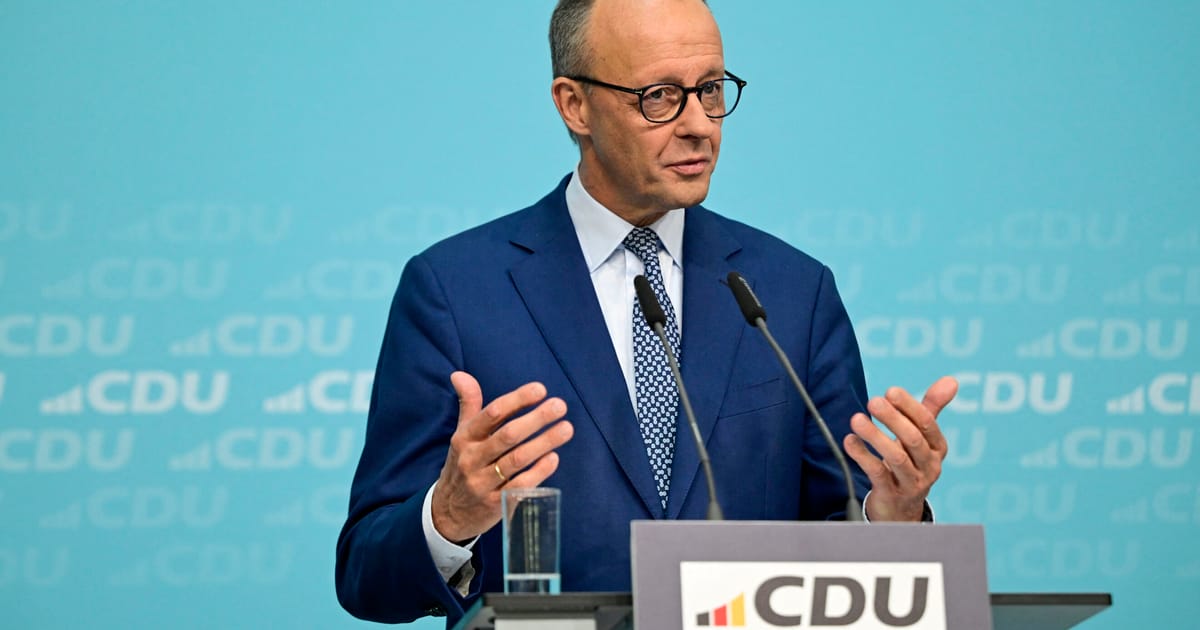Back then, Merz defended his approach, but pledged to uphold the firewall in German politics that was set up to prevent cooperation with the far right. But as the AfD keeps gaining traction, members of Merz’s conservatives — especially from eastern German states — have argued that the firewall is no longer sufficient to stop the rise of the far right.
The AfD is now the largest opposition party in the Bundestag. The far-right party has found success by depicting itself as the only truly anti-immigration force in Germany, mixed with an anti-war rhetoric that is skeptical of Germany’s ongoing support for Ukraine and Berlin’s efforts to turn the Bundeswehr into Europe’s strongest army.
Merz’s comments come as a discussion unfolded last week within his center-right party about its handling of the AfD in advance of a series of state elections next year, including two in eastern German states where the AfD is polling around 40 percent, far ahead of all other parties.
“We want and can win all of these elections, and we can remain the strongest political force in Germany,” Merz said following a seven-and-a-half-hour-long meeting with party leadership on Sunday that was focused on developing a strategy for the upcoming election year.
The secretary-general of the CDU, Carsten Linnemann, presented a three-pronged approach to combat the AfD.
Firstly, the CDU’s presence is to be strengthened in the two eastern German states where the AfD is leading in the polls, to counter the dominance of the party at the local level. Secondly, expert committees are to be set up to develop ideas to shape the political agenda, which in turn should lead to the third goal, namely to create a positive image of the CDU as a party that seeks solutions, in contrast to the AfD, which focuses on problems.
